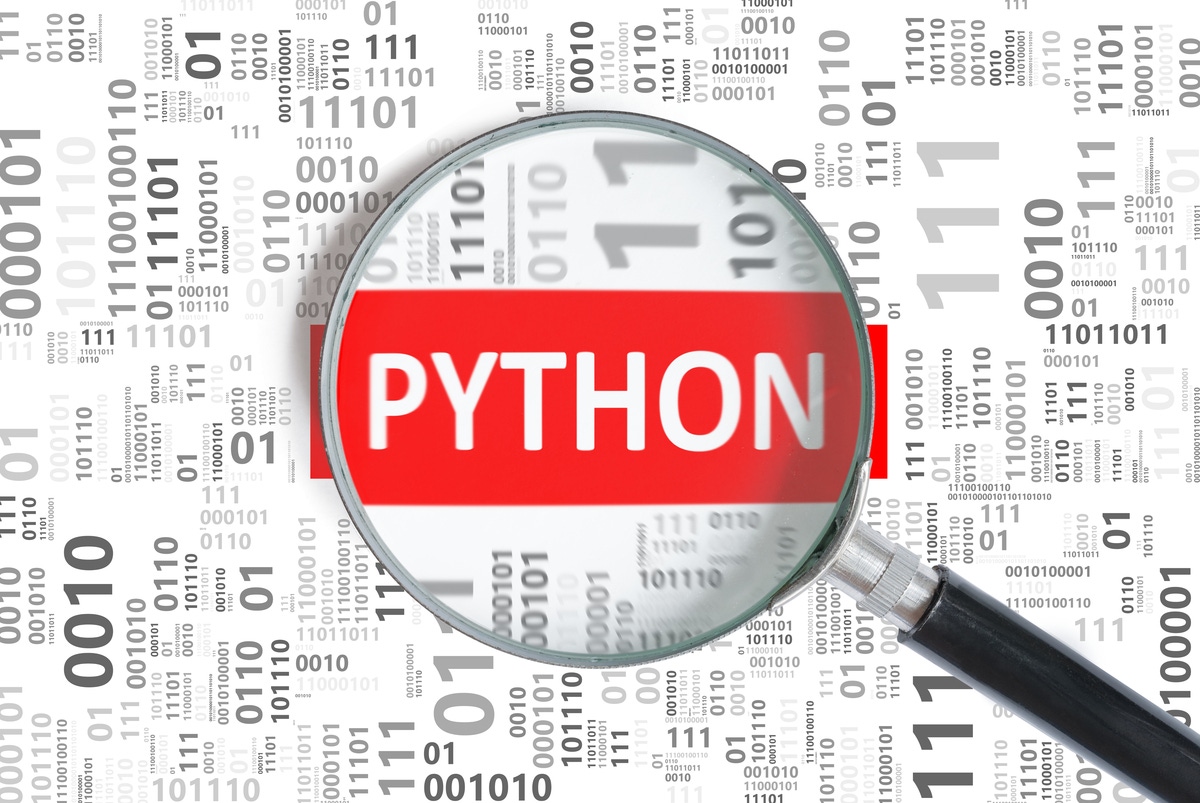Python Commands Cheat SheetPython Commands Cheat Sheet
The Python programming language may be easy to learn, but its commands can be difficult to remember. Refer to this free, downloadable guide of essential Python commands when programming in Python.

Already have an account?
Python is famous for being an easy programming language to learn — due especially to its readability and the fact that it's an interpreted language.
But just because it's easy doesn't mean it's intuitive, or that Python commands, syntax, and operators are easy to remember.
On the contrary, in some ways, Python can be trickier than other languages. Inserting comments can be more complicated, for instance, because Python doesn't have a multi-line comment method. Python also has its own ways of handling tasks like opening files and performing regex searches. And Python syntax is stricter than syntax for many other languages, due to Python's heavy reliance on formatting to structure program flow. An errant space that another language might tolerate could break your Python program.
To help programmers master the sometimes less-than-intuitive facets of Python, we've compiled a cheat sheet of common Python commands. From working with strings, to performing arithmetic, to setting up conditional statements and beyond, the cheat sheet covers the basic operators and syntax you need to know to get started coding in Python.
For the sake of simplicity, our cheat sheet focuses on the fastest and easiest ways to achieve most tasks — although experienced Python programmers will know that the commands we suggest aren't necessarily the only way to achieve a given task.
But if you're just getting started with Python or need a refresher on the basics, download our free Python Commands Cheat Sheet.
Read more about:
DownloadsAbout the Author
You May Also Like








.jpg?width=700&auto=webp&quality=80&disable=upscale)
